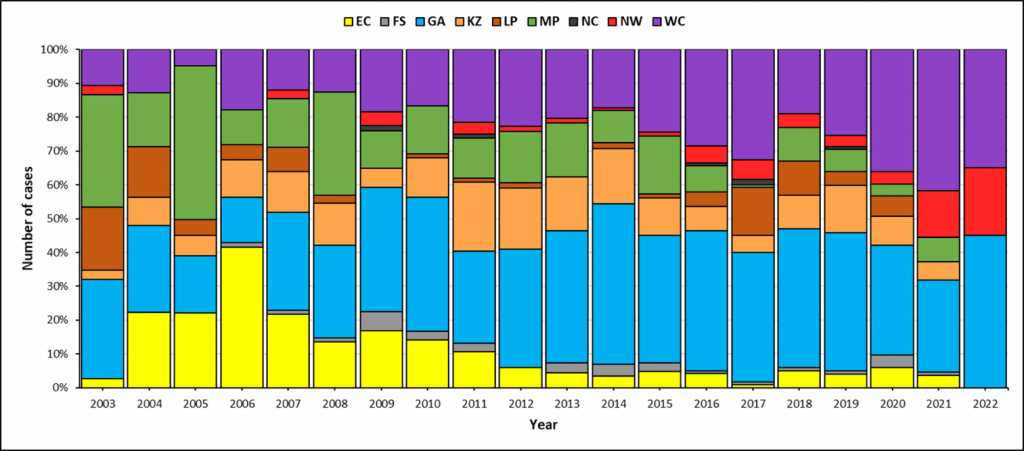Table of Contents
- Beneficial Viruses, Including Bacteriophages And Retroviruses Royalty ...
- What is the latest stomach virus going around? - YouTube
- Beneficial Viruses, Including Bacteriophages And Retroviruses Royalty ...
- What is the latest stomach virus going around? - YouTube
- Will the new Eastern Cape govt return the 24/7 health centre to the ...
- Solved An outbreak of a stomach virus occurred after a | Chegg.com
- Is there a nasty stomach virus in 2023? - YouTube
- Alert: Update on enteric fever in South Africa (18 Feb 2022) - Public ...
- Stomach virus 2023: CDC reports highly contagious norovirus is on the ...
- City of Cape Town unveils 2050 Energy Strategy to combat blackouts ...



RSV: A Growing Concern

- Coughing and sneezing
- Runny nose
- Fever
- Loss of appetite
- Wheezing


Flu Season: Be Prepared

- Fever and chills
- Cough and sore throat
- Runny or stuffy nose
- Headache and fatigue
- Muscle or body aches

COVID-19: Ongoing Threat
COVID-19, caused by the SARS-CoV-2 virus, is a highly contagious respiratory illness that can cause severe symptoms, especially in older adults and those with underlying health conditions. Common symptoms of COVID-19 include:- Fever and chills
- Cough and shortness of breath
- Fatigue and headache
- Loss of taste or smell
- Sore throat

Norovirus: The Stomach Bug
Norovirus is a highly contagious gastrointestinal illness that can cause severe symptoms, including:- Diarrhea and vomiting
- Stomach cramps and pain
- Fever and headache
- Chills and fatigue

Prevention is Key
While these illnesses can be severe, there are steps you can take to prevent them:- Get vaccinated against the flu and COVID-19
- Wash your hands frequently with soap and water
- Avoid close contact with infected individuals
- Practice good hygiene, such as covering your mouth and nose when coughing or sneezing
- Stay home when sick to prevent the spread of illness
Stay informed, stay safe, and stay healthy!